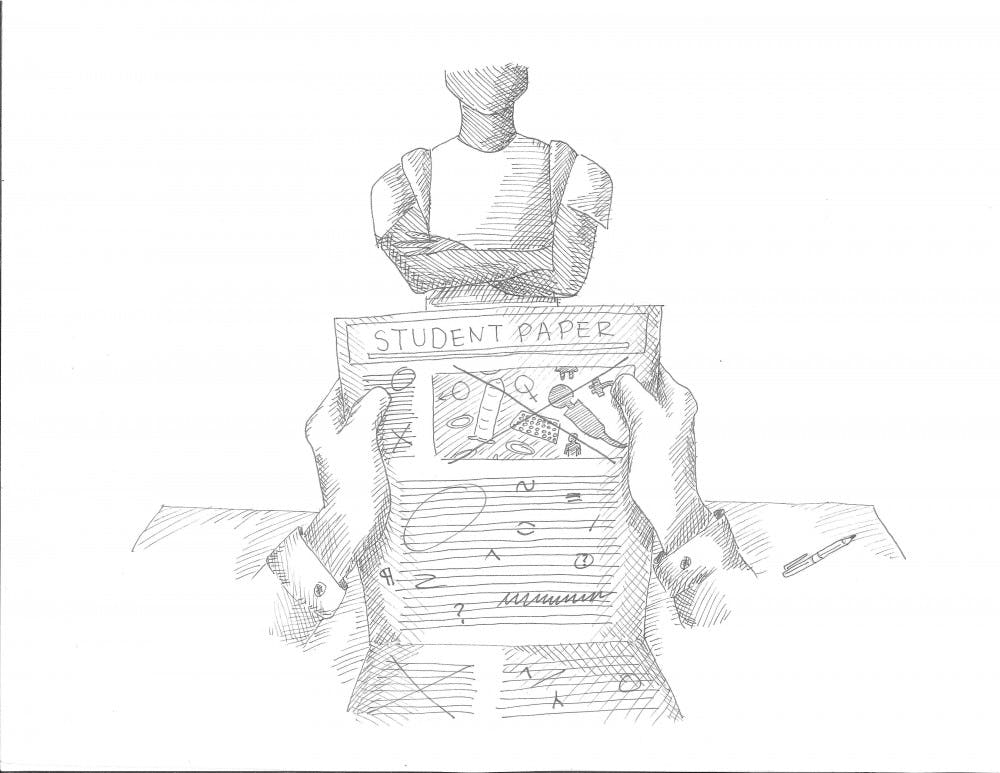Students at Indiana's Plainfield High School created a magazine entitled “Plainfield High School’s Dating Survival Guide” with information about everything one might want to know about student relationships, including pieces on everything from cheap date ideas, to safe sex and dating violence.
Many students and parents in the district found this too controversial and inappropriate for high school students, so the teacher who oversaw the magazine is under scrutiny.
Even though high school publications do not have the same freedoms of the press, it is important for students to be able to practice journalism and learn about the First Amendment, especially when writing about extremely important topics like the magazine covers.
The teacher who advises for the Plainfield student media, Michelle Burress, has not been subject to any disciplinary action and will continue to teach, but she will no longer be the only one to review student publications.
Now Principal Mel Seifert will review the magazines before they are published.
High schools legally have this right, as school-sponsored venues are not offered the same protections as the free press, but this doesn’t mean high schools shouldn’t let their students publish what they want.
Ryan Gunterman, executive director of the Indiana High School Press Association, argues that high school students should be able to exercise their First Amendment rights and the right to free press in an educational setting.
He called Plainfield’s actions “educational malpractice.” There is no real educational purpose to the principal reviewing everything before it can be published.
The Plainfield High School magazine staff was extremely excited to publish their dating guide. Kayla Mays, a Plainfield junior and co-editor of the magazine, said, “We were so proud. It was completely unlike anything we'd done before."
Topics covered in this magazine are important for high school students, especially because many students will find themselves dating and being subject to issues like sex.
Creating a comprehensive guide to safe sex and relationships is extremely beneficial to high school students and should not be censored, especially because this is beneficial to the safety of high school students.
Sex in high school is simply not preventable, and censoring the topic and promoting abstinence-only education does nothing but ensure high school students will be having uninformed sex.
None of the information in the magazine was overly explicit or inappropriate. It was simply informative, and censoring this type of vital information from students is unacceptable.
The magazine also covered other important issues outside of sex that are important for high school students.
For example, student journalists interviewed a police officer and asked questions for a piece about dating violence. This is a salient topic for high school students to learn about, as it is usually not covered in any class, and even young teenagers can be subject to violence within a relationship.
It also teaches students the warning signs of violent and abusive relationships for when they get older and leave high school. Too many people become victims of violence and abuse from a partner and do not know what to do, which can trap them in their situation.
From an educational standpoint, high school students should be able to learn about and practice their First Amendment rights and freedom of press.
Review and change of the publications should only be necessary if it is educationally beneficial in the specific circumstances, and in this case, it was not.
The Editorial Board is comprised of strong supporters of free and independent journalism and believe that all students deserve this right, whether they be in high school or college.




